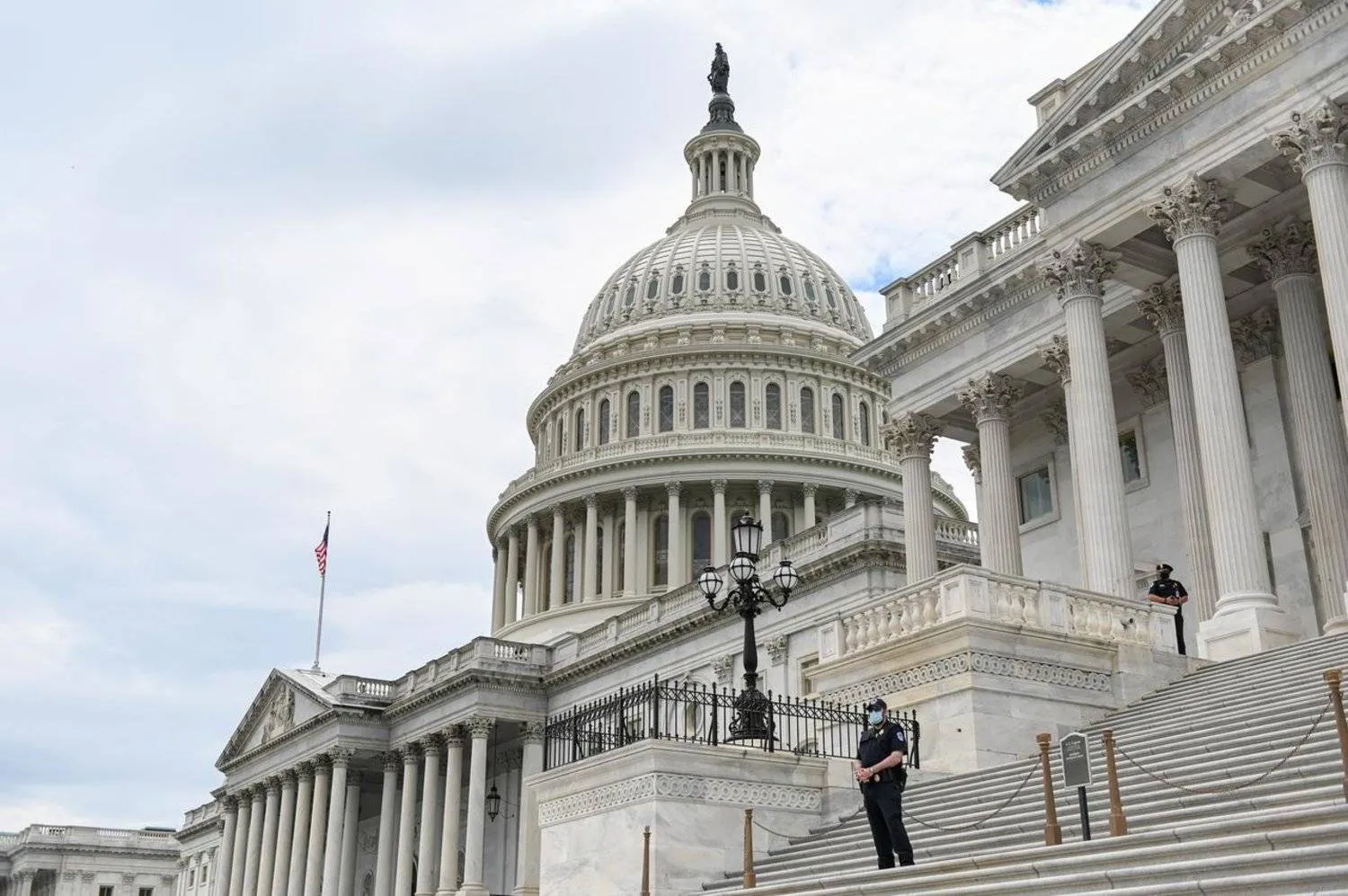The International Monetary Fund on Thursday called on the US to raise taxes to curb rising debt levels while applauding "robust, dynamic" growth in the world's largest economy and progress toward bringing inflation under control.
The IMF said in a closing statement for its "Article IV" review of US economic policies that high deficits and debt "create a growing risk to the US and global economy, potentially feeding into higher fiscal financing costs and a growing risk to the smooth rollover of maturing obligations."
The IMF's statement slightly revised down its 2024 US GDP growth forecast to 2.6% from the 2.7% forecast in the global lender's World Economic Outlook in April, reported Reuters.
The IMF forecasts US growth in 2025 to dip to 1.9% -- unchanged from the April outlook -- and remaining above 2% through the end of the decade.
"The US economy has proven itself to be robust, dynamic and adaptable to changing global conditions," the IMF said. "Activity and employment continue to expectations... and the disinflation process has been considerably less costly than many had feared."
The IMF said it expects US inflation as measured by the Personal Consumption Expenditures Price Index to return to the Federal Reserve's 2% target by mid-2025, considerably sooner than the Fed's own forecast of returning to target in 2026.
IMF Managing Director Kristalina Georgieva told reporters that the IMF's forecast is more optimistic because the current trajectory of inflation indicates a quicker return to target, partly because strong US consumer spending driven by wealth built up during the COVID-19 pandemic is subsiding and the labor market is cooling.
DEBT, TRADE PRESCRIPTIONS
But the IMF chided Washington for rising deficits that if continued would bring the US debt-to-GDP ratio to a concerning level of 140% by the end of the decade. The IMF measure includes Social Security pension and Medicare healthcare obligations.
"Such high deficits and debt create a growing risk to the US and global economy, potentially feeding into higher fiscal financing costs and a growing risk to the smooth rollover of maturing obligations," the Fund said.
For the second year in a row, the Fund prescribed that the US increase income tax rates progressively, not only on the wealthiest Americans but also for households earning less than $400,000 a year -- a threshold that US President Joe Biden has vowed not to cross in his re-election campaign pledges.
The Fund said the US also should reform entitlement programs -- cuts that Biden and Republican rival Donald Trump have both vowed not to pursue -- and raise the threshold for eligibility for the Earned Income Tax Credit for workers without children.
Georgieva said the Fund was trying to present a policy path for the US "that in our view would serve the economy and its people well" as it would for any IMF member country.
With the US economy strong, it was a "good time" for the US to consolidate its fiscal position, she said adding: "It is in good times where you can do more to prepare yourself for risks in the future."
The IMF also said that intensifying US tariffs and other trade barriers along with the increased use of industrial policy to favor domestic firms represented a downside risk for the US and global economies, with the potential to distort investment flows and undermine the global trading system.
Instead, the Fund called for Washington to work out differences with trading partners through negotiations and strengthen the World Trade Organization.
The US Treasury sidestepped the advice over deficits and trade in a statement issued after the IMF's assessment.
In her discussion with Georgieva, US Treasury Secretary Janet Yellen reiterated the importance of "frank and thorough assessments" of IMF member economies and discussed the "remarkable performance of the US economy over the past few years," the Treasury said.
IMF Says US Needs to Tackle Debt despite Robust Growth

Police officers wearing face masks guard the US Capitol Building in Washington, US, May 14, 2020. (Reuters)

IMF Says US Needs to Tackle Debt despite Robust Growth

Police officers wearing face masks guard the US Capitol Building in Washington, US, May 14, 2020. (Reuters)
لم تشترك بعد
انشئ حساباً خاصاً بك لتحصل على أخبار مخصصة لك ولتتمتع بخاصية حفظ المقالات وتتلقى نشراتنا البريدية المتنوعة







